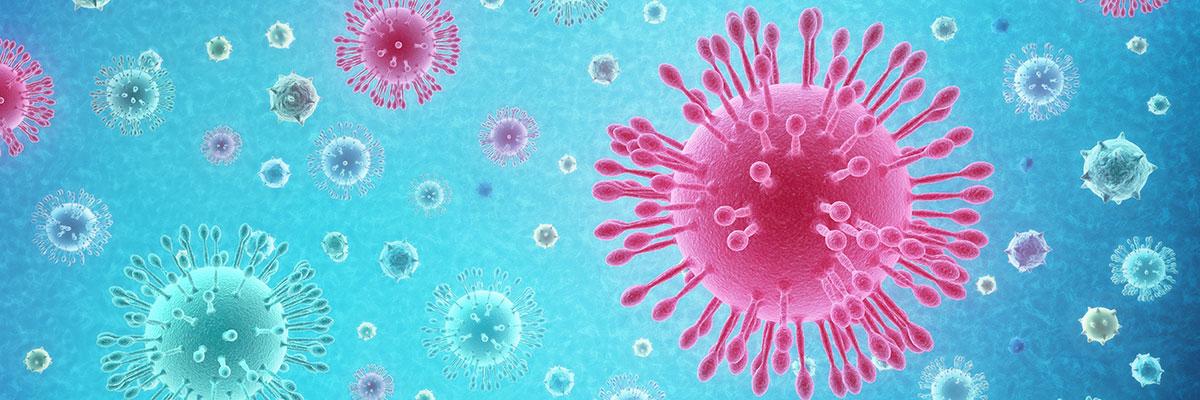

Hospitals, Physicians, Nurses Urge HHS to Address COVID-19 Disparities

Dear Secretary Azar:
America’s hospitals and health systems, physicians and nurses urge the Department of Health and Human Services (HHS) to mobilize its agencies and use its existing authorities to identify and address disparities in the federal response to COVID-19, including increasing the availability of testing, ensuring access to equitable treatment and disseminating timely, relevant, culturally appropriate and culturally sensitive public health information.
Recent alarming news reports indicate that African Americans across the nation are experiencing higher rates of COVID-19 infections and deaths than other groups. According to some reports, in Chicago, African Americans account for more than half of all COVID-19 positive test results and 72% of recorded virus-related deaths, although they constitute only 32% of the city's population. In Milwaukee, African Americans account for 73% of all COVID-19 deaths, although they make up just 28% of residents. Similar data is beginning to be reported in additional communities across the nation.
We are encouraged by reports in the April 8, 2020 edition of The New York Times1 that the Centers for Disease Control and Prevention has begun to collect and publicly report data on patients’ race and ethnicity related to COVID-19 — including data on testing, hospitalizations and mortality — as this information will be critical in identifying disparities and responding to the urgent needs of patients and communities. We urge you to ensure that the collected and reported data include not only infection and death rates, but also sufficient information to understand underlying causes, including but not limited to, comorbidities, the number of patients by race who require ventilators, oxygen support or intubation, and the number who died in their homes. HHS should, however, identify and promote efficient data collection and reporting processes — for example, working with state and local public health departments where possible — since physician time and practice resources are already stretched thin. We also stress the importance of transparency and cultural sensitivity during data collection activities, as well as ensuring limitations on downstream uses of the collected data, to promote trust in public health surveillance regimes.
Further, we urge you to employ the resources of the National Institute on Minority Health and Health Disparities — which is congressionally-mandated to coordinate the work of the other National Institutes of Health centers and institutes related to minority health — to research and develop approaches to specifically address the COVID-19 needs of minority populations.
News reports also indicate severe problems related to access to COVID-19 tests for African Americans. We urge you to use existing resources to establish federally-funded and operated testing centers in Health Professional Shortage Areas. Another identified barrier is the requirement that persons seeking tests have an order by a physician or other qualified health care provider. Many people of color are uninsured or lack access to primary care. We urge you to establish toll-free hotlines staffed by registered nurses who are able to discuss symptoms of COVID-19 and provide referrals for testing.
Finally, we have seen public service announcements (PSAs) targeted to the general public on television and in social media. At the same time, recent COVID-19 communications from the Centers for Medicare & Medicaid Services’ Office of Minority Health do not appear to contain information specifically relevant to or targeted to minority communities. We encourage you to develop, through the HHS Offices of Minority Health, a series of culturally appropriate PSAs, fact sheets, and other communication tools to help ensure that communities of color receive factual, reliable, and culturally appropriate messages about safe practices, social distancing, prevention, testing and treatment.
As organizations that are deeply committed to equity in health status and health care, we have long recognized differences in the incidence and prevalence of certain chronic conditions, such as diabetes, asthma, and hypertension — conditions that are now known to exacerbate symptoms of COVID-19. We also recognize that other factors, including but not limited to socioeconomic status, bias and mistrust of America’s health care system, may be resulting in higher rates of infection in communities of color. Lack of access to timely testing and treatment will inevitably lead to worse outcomes for these patients.
As America’s hospitals and health systems, physicians and nurses continue to battle COVID-19, we need the federal government to identify areas where disparities exist and help us immediately address these gaps.
We appreciate your leadership and the ongoing work of the White House Coronavirus Task Force. We stand ready to work with you to address the needs of these vulnerable communities.
________
1 https://www.nytimes.com/2020/04/08/health/coronavirus-cdc-demographic-study-hospitalizations.html
Sincerely,
Melinda L. Estes, MD
Chair
American Hospital Association
Patrice A. Harris, MD, MA
President
American Medical Association
Ernest J. Grant, PhD, RN, FAAN
President
American Nurses Association

